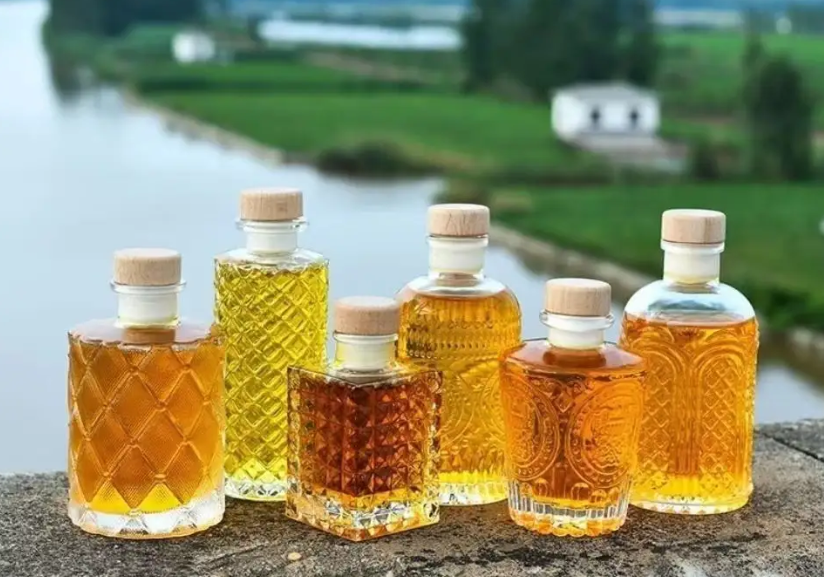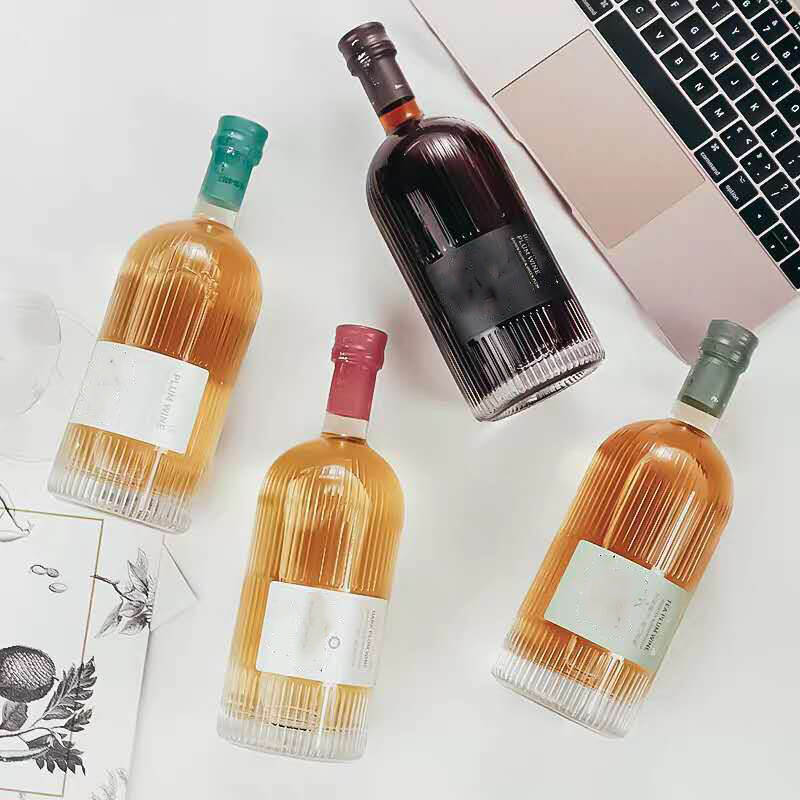Email cannot be empty
Password cannot be empty
Email format error
Email cannot be empty
Email already exists
6-20 characters(letters plus numbers only)
The password is inconsistent
Email format error
Email cannot be empty
Email does not exist
6-20 characters(letters plus numbers only)
The password is inconsistent


Glass wine bottles are often seen as an eco-friendly packaging option because they are durable and can be recycled indefinitely. However, as sustainability becomes more important for both wine producers and consumers, it's crucial to examine the actual environmental impact of recycling glass wine bottles. Are they really as eco-friendly as we think, or are there some overlooked issues?
For decades, glass has held a reputation for being the most eco-conscious packaging material, and not without reason.
100% Recyclable: Glass can be recycled infinitely without loss of quality.
No Toxic Leach: Unlike some plastics, glass doesn’t release harmful chemicals into the product.
Made from Natural Materials: Sand, limestone, and soda ash are abundant and non-toxic.
In theory, glass is a circular material—old bottles become new ones with minimal compromise. But real-world implementation is far more complex.

Despite its recyclability, glass faces a number of practical and environmental challenges that often go unnoticed.
Glass manufacturing requires extremely high temperatures, typically over 1,500°C.
This process consumes more energy than producing plastic or aluminum, especially for virgin (non-recycled) glass.
Glass is heavy and fragile, increasing transportation costs and CO₂ emissions.
In global markets, shipping bulk glass bottles can outweigh the benefits of local recycling.
Not all glass is recycled, and recycling rates vary significantly by country.
In the U.S., for instance, only about 33% of glass containers are recycled.
Contamination, color separation, and collection inefficiencies mean that much recyclable glass ends up in landfills.
Many assume a used bottle becomes a new bottle. But the truth is more nuanced.
Closed-loop recycling: Bottles-to-bottles. Ideal, but limited by color-matching and sorting technologies.
Downcycling: A significant amount of recycled glass becomes aggregate in road construction, not new bottles.
“Cullet” (crushed recycled glass) can replace up to 90% of raw materials in new glass.
However, the availability and purity of cullet often limit its use.
Let’s place glass in context with other wine packaging options.
| Feature | Glass Bottles | Plastic Bottles (PET) | Aluminum Cans |
| Recyclability | High (if processed) | Moderate (often downcycled) | High (widely recycled) |
| Carbon Footprint (Transport) | High | Low | Very Low |
| Shelf Life & Wine Quality | Excellent | Moderate | Moderate |
| Consumer Perception | Premium | Budget | Casual/Trendy |
While plastic and aluminum have their own environmental drawbacks, they tend to weigh less and are often more efficiently recycled, especially in countries with advanced sorting systems.
Yes—but with caveats.
Glass continues to be the best option for:
Preserving wine quality
Premium branding and aesthetics
Long-term storage and aging
However, for glass to remain a truly sustainable choice, the industry must:
Improve recycling infrastructure
Support local bottle collection and reuse programs
Adopt lightweight bottle designs to reduce carbon emissions
Wine producers and bottle manufacturers are innovating:
Lightweight bottles that reduce shipping emissions
Refillable and reusable wine bottle systems in select markets
Partnerships with recycling plants to boost cullet availability
As a glass wine bottle manufacturer, we are also committed to these goals—offering lightweight designs, cullet-compatible production, and sustainable sourcing.
The truth is: glass wine bottles have great sustainability potential—but only when used and recycled correctly.
If we optimize transportation, use recycled content, and improve global recycling systems, glass remains a top-tier eco packaging solution. If we fail to do so, even the most recyclable material becomes a wasted opportunity.
So, are glass wine bottles truly eco-friendly?
They can be. But it depends on us.
If you’re a winery or beverage brand looking to combine quality, elegance, and sustainability, we can help. We specialize in OEM and wholesale glass wine bottles, with custom options that support eco-conscious goals.
Contact us today to explore sustainable packaging solutions that don’t compromise on quality.